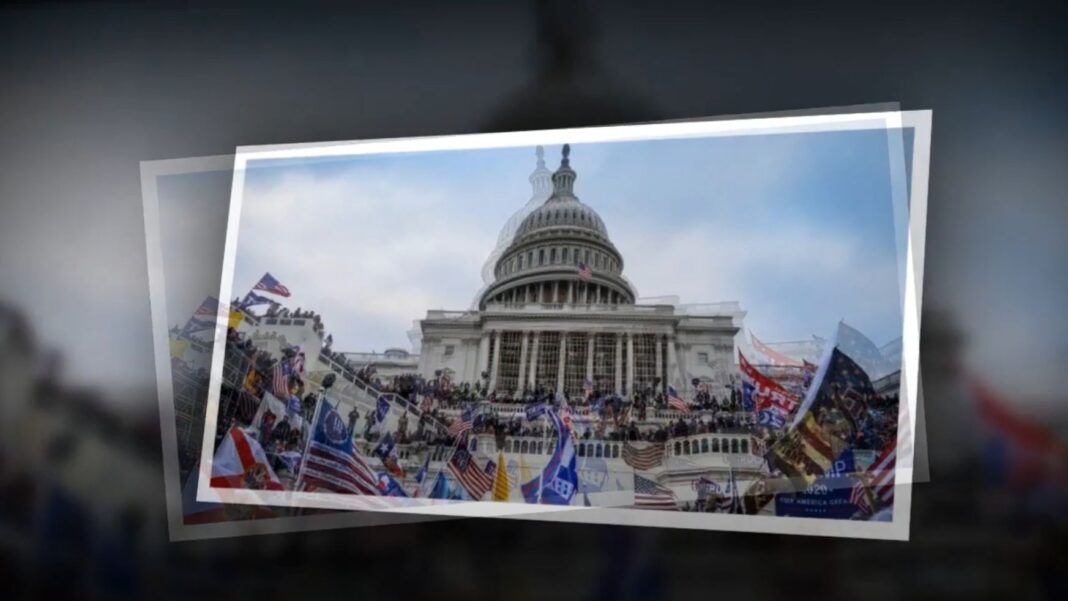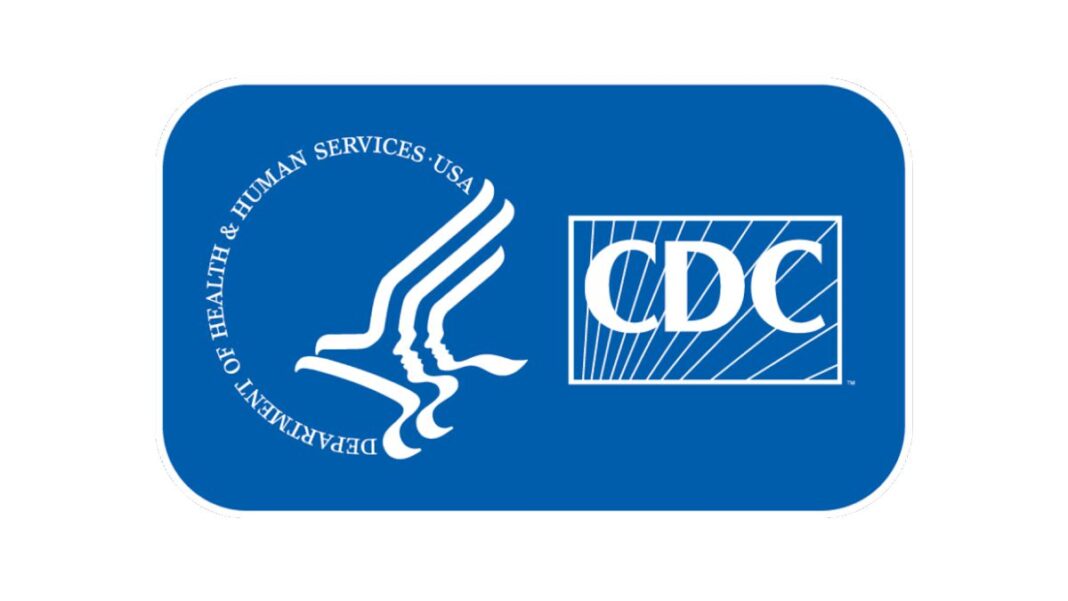A recent filing (pdf) in the case of one Jan. 6 defendant revealed that Google provided the FBI with location data for 5,723 cellular devices that were determined to be near the U.S. Capitol that day.
Filed on Oct. 17 on behalf of defendant David Rhine, the motion urged the court to suppress Google location history evidence, and “the fruits of that evidence,” that had been submitted by the government on the grounds that the information had been obtained by a “modern-day general warrant” in violation of the Fourth Amendment, which prohibits unreasonable searches and seizures.
“The ‘geofence warrant’ searched and seized Google ‘Location History’ data belonging to thousands of people,” the motion states. “Mr. Rhine had a Fourth Amendment interest in his Location History data, and the warrant was overbroad and lacking particularity under the Fourth Amendment.”
A geofence warrant permits law enforcement to search a database of digital location data to find mobile devices—and by extension, their owners—that were active within a specified area.
According to the filing, the government “compelled” Google to search all accounts for those with location data that fell within a four-acre area around the Capitol between 2 p.m. and 6:30 p.m. on Jan. 6, 2021.
While the government’s application for the geofence warrant and the warrant itself remain sealed, Rhine’s lawyers noted that the application relied on the assumption that, “because of the pandemic, the security surrounding the Capitol in preparation for the Inauguration, the security surrounding the Capitol for the protests of the Certification, and the limited scope of the geographic area covered by this warrant, there will probably be no tourists or bystanders to be found in any of this data.”
In other words, the government claimed that those located within four acres of the Capitol on Jan. 6 were likely there to engage in criminal activity.
Noting that their client’s mere presence near the Capitol was not necessarily evidence of a crime, Rhine’s attorneys continued, “The breadth and vagaries of the items to be seized was an invitation to do a general search of the private papers—Google account—of anyone who may have been in or near the geofence.”







